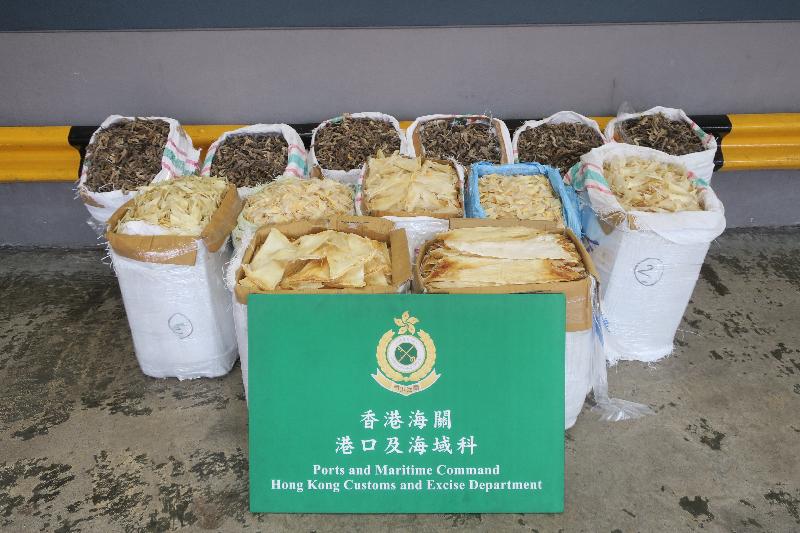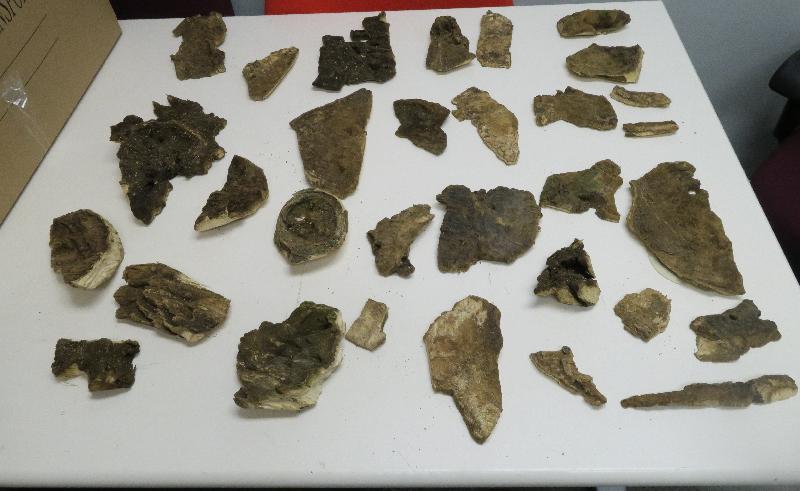Fresh beef sample found to contain sulphur dioxide
The Centre for Food Safety (CFS) of the Food and Environmental Hygiene Department announced today (June 7) that a fresh beef sample was found to contain sulphur dioxide, a preservative which is not permitted to be used in fresh meat. The CFS is following up on the case.
A spokesman for the CFS said, "Following up on a food complaint, the CFS took the fresh beef sample from a fresh provision shop in Tung Chung for testing. The test result showed that the sample contained sulphur dioxide at a level of 85 parts per million."
According to the Preservatives in Food Regulation (Cap 132BD), it is an offence to add sulphur dioxide to fresh or chilled meat. The maximum penalty is a $50,000 fine and six months' imprisonment.
The CFS has informed the vendor concerned of the abovementioned irregularity. Prosecution will be instituted should there be sufficient evidence.
Sulphur dioxide is a commonly used preservative in a variety of foods including dried fruits, pickled vegetables and meat products such as sausages and grilled burgers, but under the Regulation it is not permitted in fresh or chilled meat. Nonetheless, individual meat traders have been found illegally using sulphur dioxide to make meat look fresher. This preservative is of low toxicity. As it is water soluble, most of it can be removed through washing and cooking. However, susceptible individuals who are allergic to this preservative may experience breathing difficulties, headache and nausea.
The spokesman reminded the food trade to comply with the law and not to sell fresh or chilled meat adulterated with sulphur dioxide. Members of the public should purchase meat from reliable market stalls or fresh provision shops. They should avoid buying or consuming meat which is unnaturally red and maintain a balanced diet to avoid malnutrition or excessive exposure to chemicals from a small range of food items.
The CFS will continue to follow up on the case and take appropriate action.

